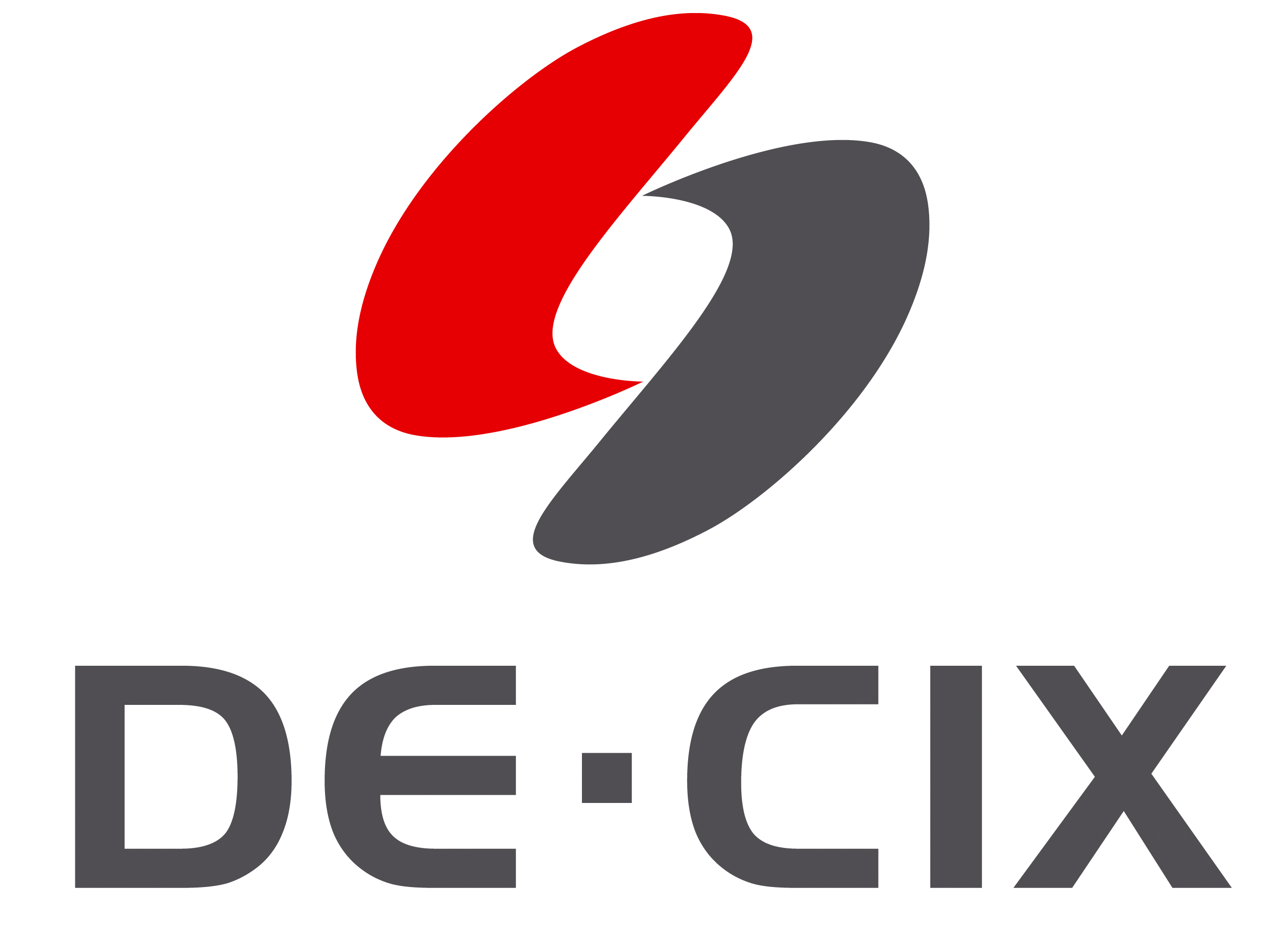BoF (Birds of a Feather)
BoF (Birds of a Feather) sessions are held at RIPE Meetings to start an informal discussion on a topic of shared interest among RIPE Meeting attendees. If a BoF attracts sufficient interest, it might become a RIPE Task Force or Working Group.
Monday, 16 November 18:00 - 19:00
IBNEMO – Intent Based NEtwork MOdeling
Bert Wijnen
Where: Side Room
Intent Based Network Configuration is being worked on in OpenDaylight. The idea is that customers, operators and network architects can state their intent for the desired network configuration and the underlying technology will then translate that into the proper network configuration that meets the intended network characteristics.
We want the initial IBNEMO language to be a standardised minimal set of commands (20% of all possible commands), that covers 80% of the requirements/use cases. This work can probably best be done in the IETF.
The IBNEMO language and underlying system allows a customer to quickly specify what kind of network (or network connection) he wants to be built/provided by an ISP. The Network Architect of the ISP can then (with a set of IBNEMO commands) configure the required (intended) internal network that meets the customer’s requirements.
The idea is that both the customer and the network architect can specify the network they intend to configure using a common language and the underlying system will configure the network according to the intent of the customer and/or Network Architect. | |
Tuesday, 17 November 18:00 - 19:00
RACI aims to increase ties between the RIPE community and the academic/research sector. The RIPE NCC selected six academics to attend the RIPE 71 Meeting and present their Internet-related research to, and receive feedback from, the community. At this session, those academics who have not presented in the main RIPE Meeting program will present and discuss their research.
Where: Main Room |
|
Tuesday, 17 November 18:00 - 19:00
How do we Address the Problem of IP Spoofing? And is it a Problem Worth Solving?
Andrei Robachevsky, Internet Society (ISOC) and Benno Overeinder, NLnet Labs
Where: Side Room
Spoofed Internet traffic is a persistent threat as the cause of reflection Distributed Denial of Service (DDoS) attacks. While technical solutions for blocking spoofed traffic exist, they are only effective and applicable close to the edge - computers and other end-devices connected to the net. This requires deployment of anti-spoofing measures by a vast majority of networks on a global scale – something that is not easy to achieve.
Lack of deployment of anti-spoofing measures is aggravated by the fact that the implementation of anti-spoofing measures is often incentive-misaligned, meaning that networks only help other networks by implementing the practice and do not directly help themselves. There are also real costs and risks for implementing anti-spoofing measures.
We will start the BoF with a short presentation on problem and solution scenarios. We will also pose a question for discussion: While IP spoofing is a problem, should the efforts of the community be focused more on the "attacking leg" of a DDoS - flows directed at the victim - is the IP spoofing a problem worth solving?
Framing questions:
- Are we solving the right problem?
- Are we solving the problem?
- Are we solving it in the right way?
| |
Thursday, 19 November 18:00 - 19:00
ENDEAVOUR: Towards a Flexible Software-Defined Network Ecosystem
Christoph Dietzel, DE-CIX
Where: Main Room
Internet evolution is driven by a continuous stream of new applications, as well as users driving the demand for these services. The increase in capacity and network complexity alongside the dramatic popularity of mobile devices from which users run a wide variety of applications is shaping the new Internet era.
Despite considerable innovation in Internet applications, and an increase in diversity of both users and uses, all of which has been steadily accelerating in the last years, the physical infrastructure providing connectivity (IXPs) and control plane mechanisms (BGP) have suffered stagnancy and ossification. In this scenario, we feel that recent technological trends in network management, namely Software-Defined Networking (SDN) can bridge the gap between user experience and the limitations of the network interconnection model in today’s Internet.
The goal of this BoF is to identify challenges from the perspective of IXP customers (e.g. ISPs, CDNs) and to discuss their future needs in detail. This BoF session allows us to explain our collected use cases more technically. Only operators can tell us if our ideas are really what makes their lives easier. We hope to engage a fruitful discussion that will help to bridge the gap between research and operational worlds. | |










